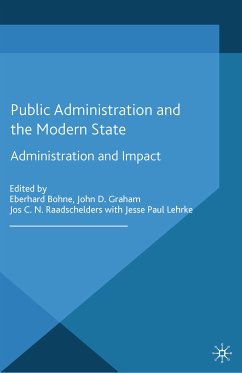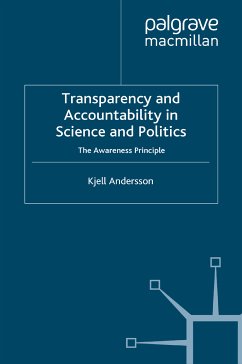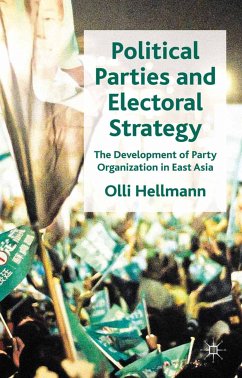
The Integrity of Governance (eBook, PDF)
What it is, What we Know, What is Done and Where to go
Versandkostenfrei!
Sofort per Download lieferbar
44,95 €
inkl. MwSt.
Weitere Ausgaben:

PAYBACK Punkte
22 °P sammeln!
In the first book of its kind, Leo Huberts provides a critical synthesis of cutting-edge research on public sector integrity exploring issues such as the definition and importance of public sector integrity, the various methodological approaches to the field as well as considering the causes of for the violation of values associated with integrity.
Dieser Download kann aus rechtlichen Gründen nur mit Rechnungsadresse in A, B, BG, CY, CZ, D, DK, EW, E, FIN, F, GR, HR, H, IRL, I, LT, L, LR, M, NL, PL, P, R, S, SLO, SK ausgeliefert werden.












